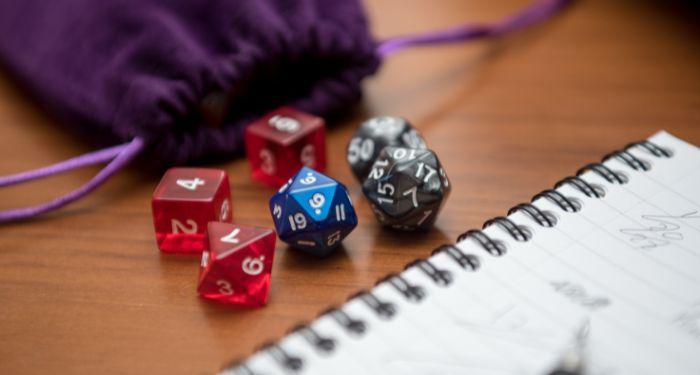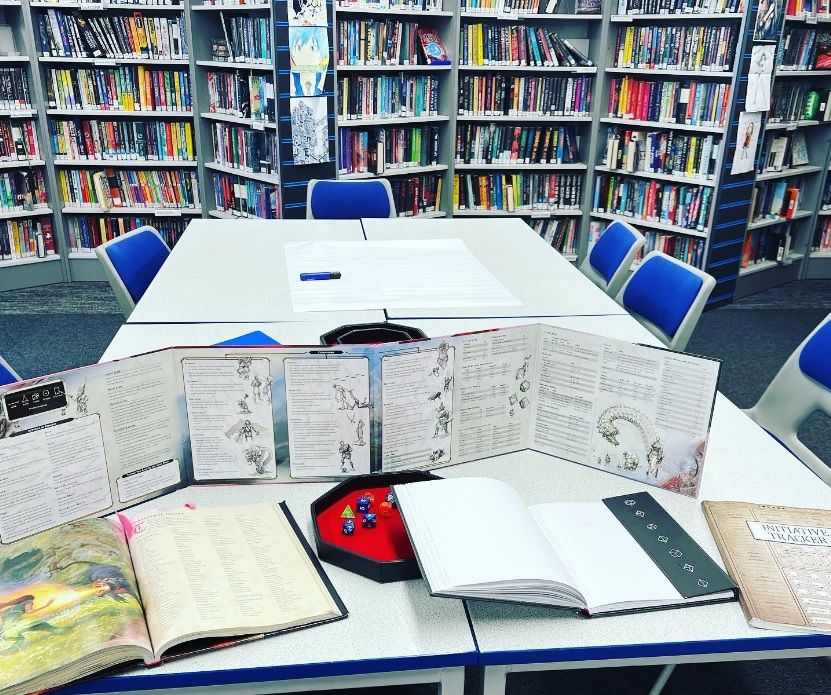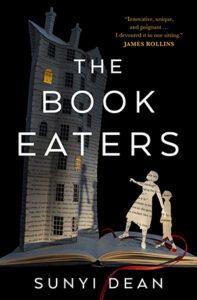
The Mental Health Benefits of Playing Dungeons and Dragons
I’ve been a Dungeon Master for approximately three years. I run Dungeons and Dragons with teens twice a week in the high school library I manage and I also run it with adults on a near weekly basis. I have found the game extremely helpful in battling the demons that can come with the onslaught of our daily news feed or just life in general. I feel that there are several mental health and well being benefits to playing Dungeons and Dragons, and I’m not alone in this. I’ve been fortunate to speak to a lot of other librarians and even mental health experts on this topic and what I’ve found is that even though on the surface it appears as if it’s simply a game, what is actually happening is that every time you play you are engaging in therapy if you are delivering the game correctly. If you are considering running Dungeons and Dragons in your school or public library, this information might be useful in convincing management or senior leadership on why starting a game like D&D is worthwhile because it has so many benefits, not only for the students, but for the adult who runs the program.
Boosts Confidence
I have seen teens who are normally shy and reserved come out of their shell in a Dungeons and Dragons session. This is because they know with absolutely certainty that they are in a safe place and that they can express themselves without judgement. This is also because they are living their lives, even for just an hour at lunchtime, in someone or something else’s shoes. Teens who don’t feel they fit in or have trouble making social connections don’t have to endure that initial first stage of “fitting in,” because D&D is the doorway to fitting in and it’s already open for them. There is an unspoken bond between our D&D students who know that the table on which we play this game is safe and everyone can be who they want and do what they want as long as it’s not harmful to others. Do this on a repeated basis and what you’ll find is a huge boost in confidence.

It Is Scheduled Fun
In a world where we are bombarded daily with garbage, disinformation, terror, and outright anxiety-inducing dread, having scheduled fun is more important than ever. Post pandemic restrictions, we are seeing teens in the library with mental health issues. I’m not saying Dungeons & Dragons is some sort of magic cure, what I’m saying is that putting time aside in your calendar to say “I’m going to have fun for this hour at lunch a few times a week” is incredibly powerful. D&D, when delivered properly, is a cathartic experience. Teens can, if they want to, live out their anxieties and fears through their characters’ experiences. Plus, there’s no real-life consequence to failure. In fact, failure, with a good Dungeon Master, can be something you as a player remember for a very long time because maybe it was hilarious, or maybe it resulted in the group going down a path that nobody, even the DM, expected. The importance of scheduled fun and D&D is discussed in more detail with my interview with Drama Therapist Katie Lear.
Memories
This is the most important one for me. I hated high school. What I’m doing in my current library position is creating a space that the teenage me would have enjoyed being in. At the end of the day, a lot of young adults look back on their high school experience as a pretty shitty one. I want these kids to look back and realise that someone there gave a shit, someone cared, someone wanted them to have fun and develop friendships and let them be whoever the hell they wanted to be. And they could play a really cool game while they did it. I will miss these students, the ones who have come in religiously to play D&D over the past three years, because through this game and our interactions I have also been greatly helped. I also have great memories, and that’s what I’m going for with not just D&D, but every program and event that I hold in the library.
My advice if you are thinking about starting a D&D program in your library is to start small. Have six players to begin with. Don’t think that you need to reinvent the wheel. Allow the players to help you create the world if you don’t have any time. Buy the starter kit, which is really cheap and has a pre-made adventure in it. Don’t worry if you don’t remember the small stuff, it’s when things go bananas that will create a moment that the teens will remember.












